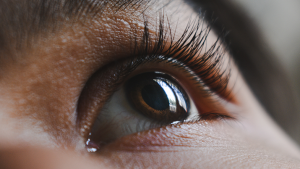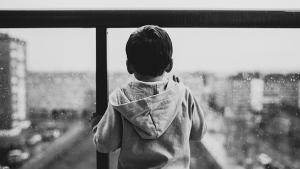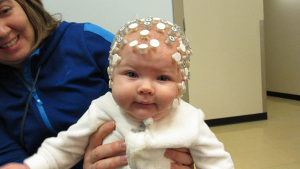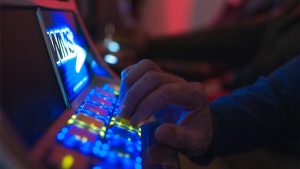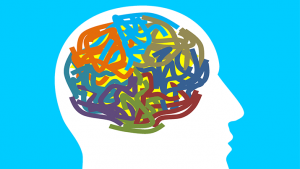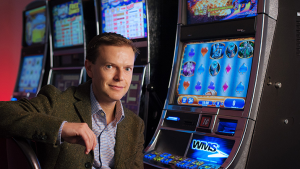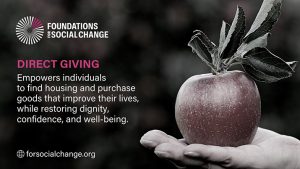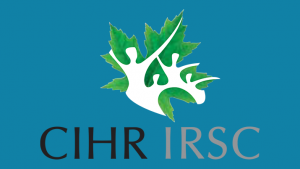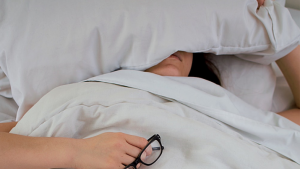New research: Beauty is in the eye(lash) of the beholder
Q&A with Postdoctoral Fellow Farid Pazhoohi about the effect of eyelash length on attractiveness.
Mental health conditions alarmingly high among children with autism
New research by Dr. Connor Kerns shows nearly 78 per cent of children with autism have at least one mental health condition and nearly half have two mental health conditions or more.
Baby’s brain and learning over time
New research from Dr. Janet Werker’s Infant Studies Centre is the first to measure how the learning process unfolds in real-time in the infant brain.
Study finds gamblers ignore important information when placing bets
Research from UBC’s Centre for Gambling Research at UBC shows people with gambling problems are less likely to consider important information that could prevent them from losing.
New study explores BC mental health support across cultures
UBC Psychology researchers have launched a new study to understand the barriers to mental health support for BC residents who aren’t fluent in English.
Half a billion bets teach UBC algorithm how to identify problem gamblers
Dr. Luke Clark has successfully used machine learning to identify online gamblers whose betting behaviour could indicate a gambling problem.
New research shows there are major benefits to giving money directly to homeless individuals
A collaboration between Dr. Jiaying Zhao and Foundations for Social Change shows that after giving money directly to homeless individuals, the participants found housing faster, boosted food security and reduced spending on substances.
Research shows cash transfers allowed people to access housing faster, improving stability and lowering the risk of trauma
Dr. Jiaying Zhao, in collaboration with a Vancouver-based charitable organization, recently completed a bold study and social program.
UBC psychology researchers receive federal funding for research
UBC neuroscientists Liisa Galea and Jason Snyder receive funding from the Canadian Institute of Health Research Project Grant Spring 2020 competition.
New research: People react better to both negative and positive events with more sleep
The study, led by UBC health psychologist Nancy Sin, looks at how sleep affects our reaction to both stressful and positive events in daily life.
